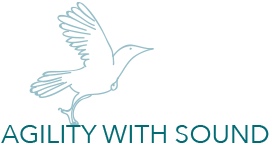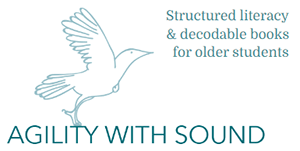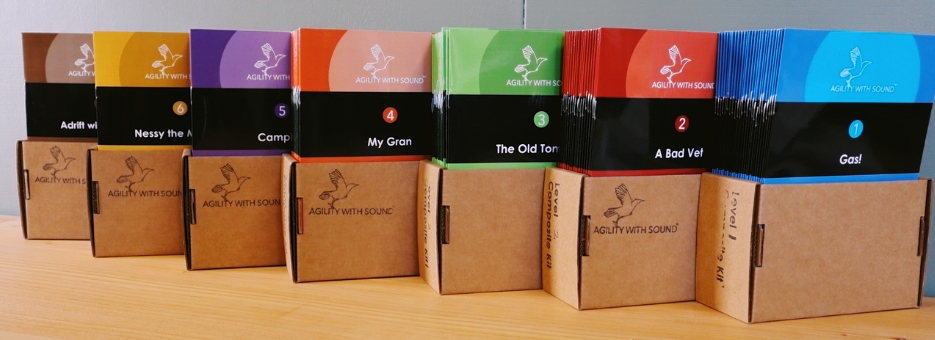Wordchain developments coming for 2026
Developments coming for 2026
- Better, clearer reporting to teachers. This will show what the students has done in the last day, week, and term. A snapshot view will show where every student in the group is at. There will be a bit to help report writing also.
- Appropriate reporting to students, so that they can see their progress.
- Students must work systematically from a starting point, and only teacher /RTLB/ other adult can allow them to skip or repeat bits.
- Automatic progression from WC 1 to WC 2 to WC 3 …
- Some minor changes within the games to develop orthographic mapping more effectively.
- A senior version with the same chains and other activities, but in an age-appropriate game format and with age-appropriate graphics.
- Wordchain 5 included – multi-syllabic words, Latin, French and Greek spelling patterns.
- A new and revolutionary digital version of the decodable books for older students, books that follow the Wordchain sequence directly. The student reads a section and meets a prompt button. They will then hear the author speaking to them. They may hear, “Perhaps you have not heard that word before, but I have given you some clues. Can you work out what it must mean?” or “I put that word ‘suddenly’ in to tell you that the story is about to change.” or “You must be wondering why, and I have not told you here. But there are some clues coming up…” Vocabulary development, text structure awareness, and inferencing respectively. There may be background information, or a bit about what inspired the book.
- The books will continue to be available in the print version, now with an accompanying teacher version with scripted prompts and discussion points.
- This leads to the structured writing resource, taking deep comprehension further by writing about your reading. How to construct a sentence, a paragraph, an essay, with skills developed progressively and heavily scaffolded.
In essence, Agility with Sound and Wordchain work like this.
Wordchain and the letter tile activities are about phonics and phonological awareness, leaning to think in the sounds of words, how the sequence of letters relates to pronunciation.
Wordchain and the fluency sheets, sliders and puzzles teach students to recognise the repeating patterns in words. Know ect in in/s/ect and you know it in eff/ect/ive, corr/ect/ly, ne/ gl/ect/ed, ad/j/ect/ive, in/sp/ect/or, ex/p/ect/ant, con/j/ect/ure, re/j/ection and hundreds of other words. Students learn to look for those familiar patterns and then add up the components quickly. (This begins with the simplest words: d/og, l/og, f/og and progresses sequentially, starting a little beyond what a student already knows, already can do.)
The books are all for older students and are about comprehension, but with words you can read so that your attention is not soaked up by figuring out the words. How to comprehend, how to infer, is heavily scaffolded.
The writing resource is about extending comprehension further, most especially inferencing; writing about your reading in a heavily scaffolded and sequenced way, learning how to generate, evaluate and then organise thoughts and ideas into structured sentences, paragraphs and an essay.
PLD videos
I am an approved Structured Literacy PLD provider. However, I simply do not have the time to travel and have produced a series of videos instead.
I am often asked these questions. You will find the answers in these videos.
- Why do so many students seem to decode adequately but struggle with both spelling and comprehension? What is the link? How can this be addressed?
- How do you teach kids to make inferences?
- These students are so far from achieving NCEA writing standards. How can their writing competence be lifted in time? (This webinar is relevant to teachers of Year 5 – 8 students as well.)
- Direct teaching of vocabulary is essential but far from enough. What else can be done to build students’ vocabulary?
- Managing diverse needs within a senior classroom. How can the most competent be extended in a structured literacy framework? Why does this matter?
- How can students working at level 1 or 2 of the curriculum be advanced in a busy classroom?
- How can the disengaged be engaged?
Video 1
How do competent students figure out and remember words, and why do so many kids not get it?
https://youtu.be/yh94DvyMYjw
Video 2
Dealing with longer words. This is where it breaks down for so many older students. What needs to happen?
https://youtu.be/RyomSwBSWF0
Video 3
Spelling makes sense, mostly. Whatever do you mean?
https://youtu.be/a0iygsRwZaw
Video 4
Spelling rules?
https://youtu.be/p3r8hlqgwr0?si=iyA2kcCqQP0WVVP4






